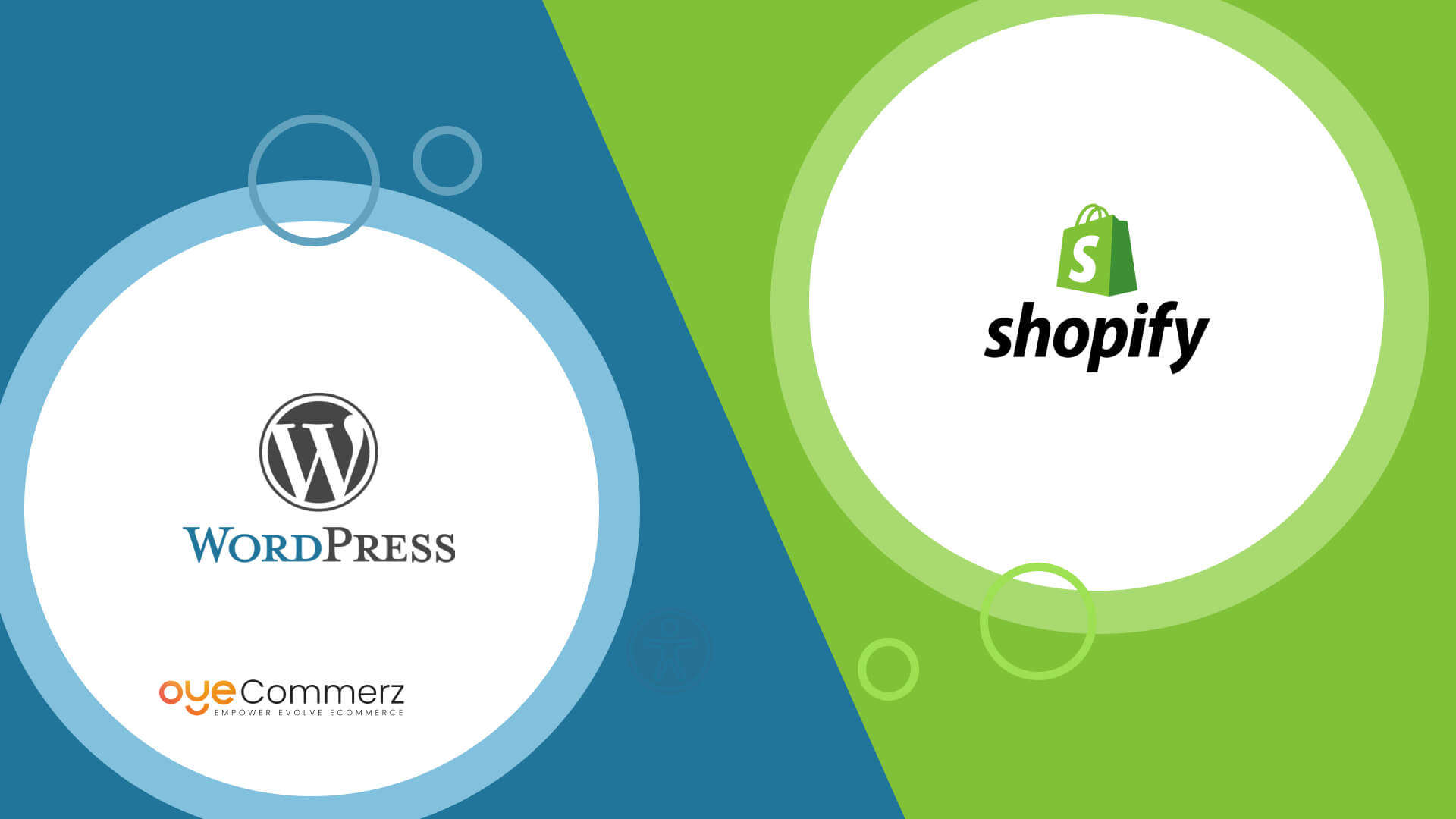In the ever-evolving sphere of eCommerce, picking the right system is crucial for your business's growth. If you’re at the moment using WordPress and planning a migration to an alternative, you’re not by yourself. Numerous businesses are shifting to utilize Shopify’s powerful capabilities, simplicity, and scalability. This guide will take you through the journey of migrating from WP to Shopify effortlessly, ensuring that you realize your eCommerce potential.
Why Switch from WP to Shopify?
Prior to starting the migration procedure, it’s essential to understand why this transition can be beneficial for your digital storefront:
Accessible Tools: Shopify offers an straightforward interface that simplifies store handling, enabling for non-technical users.
Growth Potential: As your company expands, Shopify can handle greater visitors and sales without compromising speed.
Integrated Features: Shopify provides integrated tools for SEO, analytics, payment processing, and much more, reducing the requirement for numerous plugins.
Advanced Safeguards: With Shopify, you benefit from advanced security features that secure critical customer details.
Steps for a Seamless Migration
Migrating your digital shop from WP to Shopify includes multiple steps.
Here’s the way to ensure a hassle-free transition:
Plan Your Migration Plan
Begin by mapping out your migration plan. Pinpoint which elements of your current site you plan to migrate, such as:
Inventory information
Customer information
Order history
Posts
Choose the Best Migration Solution
Based on your preferences, opt for a migration service that fits your business. Professional services provides various options:
Entry-Level Plan: Suitable for compact stores with limited products.
Mid-Tier Plan: Suitable for growing businesses with intermediate requirements.
Advanced Plan: Best for high-volume stores requiring broad customization.
Save Your Data
Prior to beginning the migration, guarantee that you have a full archive of your WP site. This task is essential in case anything goes awry during the migration.
Retrieve Your Data from WP
Leverage plugins or custom scripts to export key information from your WP site:
Items
Clients
Sales records
Articles
Upload Data into Shopify
When you have your data retrieved, utilize Shopify’s import tools or external apps to transfer your data into your updated store. Confirm that all information is correctly formatted and placed.
Customize Your Shopify Platform
After importing data, adjust your Shopify store’s layout to align with your business goals. Look into working with a designer if you require advanced customization.
Configure TransactionOptions and Shipping Options
Configure transaction methods and logistics options in Shopify to ensure a seamless transaction experience for customers.
Implement SEO Standards
To preserve your search engine rankings during the transition:
Implement 301 URL mappings from old URLs to migrated ones.
Update meta tags.
Adjust media and text for better ranking.
Test Your Migrated Shop
Before Shopify migration strategy going live, extensively test your migrated store. Look out for any broken links, transaction errors, or incomplete files.
Launch Your Site
When everything is in order, it’s the opportunity to go live! Share the update to your clients and invite them to explore the enhanced capabilities of your Shopify store.
Post-Migration Support
Even after releasing your new store, continued assistance is key. Explore working with experts who can help Shopify post-migration services with:
Site maintenance
Promotional campaigns
Performance optimization
Conclusion
Migrating from WordPress to this platform can be a crucial move for your online retail. By following this guide and utilizing professional services like those offered by OyeCommerz, you can achieve a seamless transition that boosts your online presence. Embrace the change and unlock the full capabilities of Shopify today!
